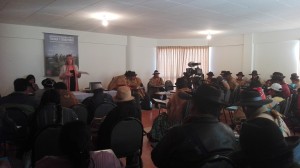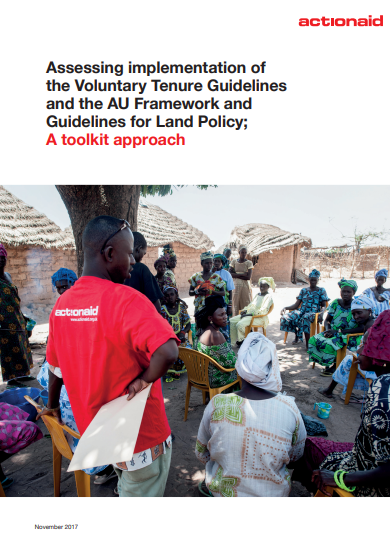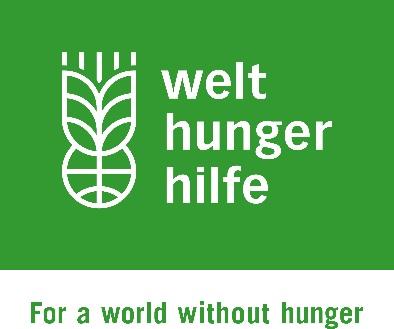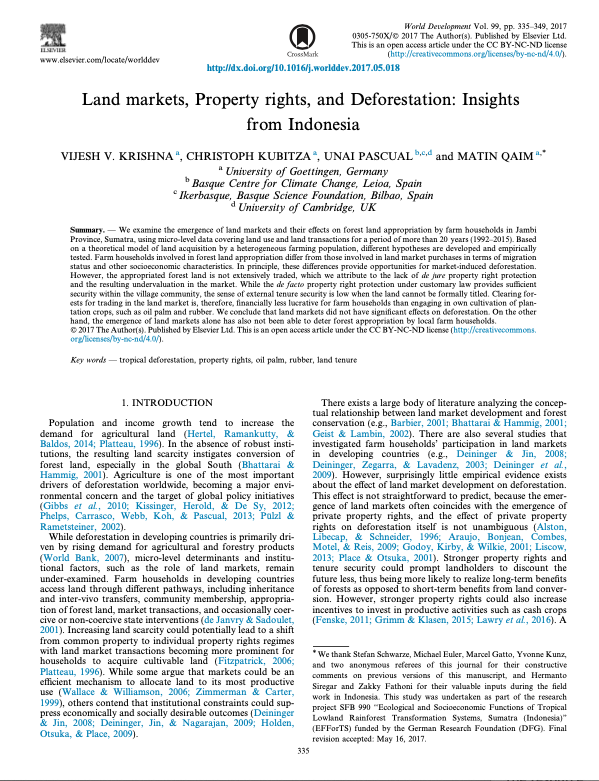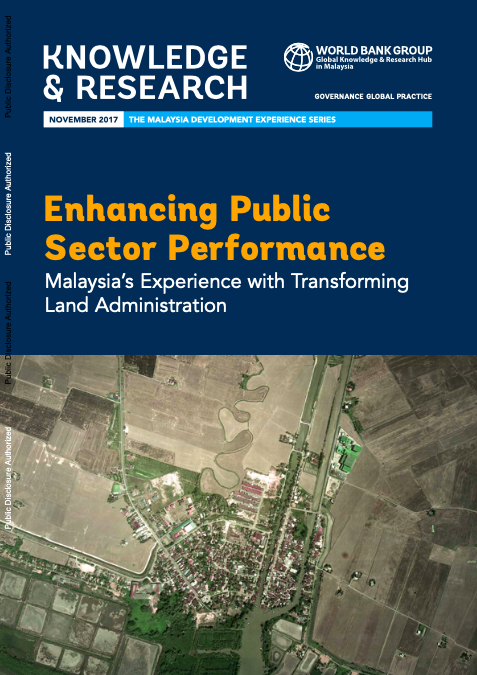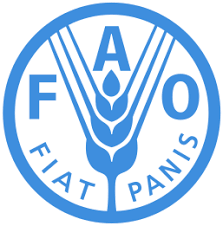Bottom-up accountability initiatives and large scale land acquisition in sub-saharan Africa : project synthesis report
Undemocratic politics, policy making and law making interpretation and implementation, prove to be drivers of land grabbing in the four country studies presented here. Food and Agricultural Organization of the United Nations (CFS/FAO) Guidelines on Responsible Governance of Tenure of Land, Fisheries and Forests (Tenure Guidelines or TGs), albeit “soft” law, are being used by local communities for bottom-up accountability against land grabbing. Land deals are marked by highly contested political processes – usually between the central state, local communities and the corporate sector.


